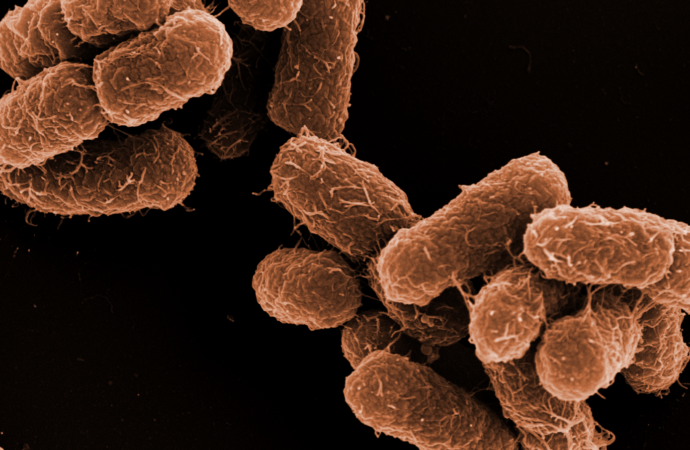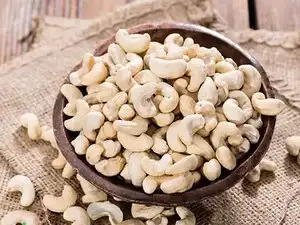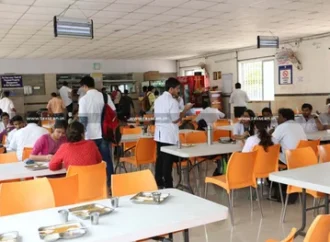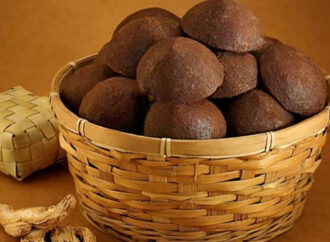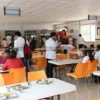Report
Every year, millions suffer from food poisoning from bacteria like Salmonella and E. coli. Outdoor eating — picnics and barbecues — raises the risk, as food stays exposed to germs and insects. You need clean hands, but parks and beaches rarely have soap and hot water. Alcohol hand gels help, but they don’t kill every germ. When food sits out in the heat, bacteria multiply quickly. Flies and ants can land on food and spread harmful germs. That’s why you should keep food covered and cold.
Tips for Outdoor Food Safety:
-
Wash or sanitise your hands before handling food
-
Cover food to keep insects away
-
Keep perishable food chilled in an icebox or cooler
-
Don’t let food sit out in warm weather for more than two hours
-
Cook meat until it’s fully done (at least 70°C inside)
-
Use a food thermometer if you have one
Being Smart About Buffets
Buffets carry risks because many people touch the food, and germs can spread through sneezing or coughing. Often, food sits out long before you arrive, making it unsafe. Food left out for over two hours can become dangerous, allowing bacteria like Salmonella and E. coli to grow. Lukewarm dishes at hot buffets are especially risky, as these bacteria thrive below 60°C.
Tips for Buffet Safety
-
Choose food that’s piping hot and freshly prepared
-
Avoid dishes that look lukewarm or uncovered
-
Check how long the food has been sitting out
-
Pick freshly toasted bread or sealed spreads if unsure
Foods to Think Twice About
Certain foods deserve extra caution to avoid food poisoning. Raw oysters and shellfish, for example, may carry dangerous bacteria and viruses even if they look or smell fine. Always cook shellfish thoroughly to kill these germs.
Bagged salads can also allow bacteria to grow, even in the fridge, because moisture on the leaves supports bacterial growth. Wash them well and eat them soon after purchase.
Reheated cooked rice is another concern. Bacillus cereus spores in raw rice can survive cooking. If you let cooked rice cool at room temperature and then reheat it, bacteria can multiply and produce toxins that cause vomiting and diarrhoea.
Simple “don’ts” for safer eating:
-
Avoid raw oysters and undercooked shellfish
-
Wash bagged salads thoroughly before eating
-
Eat freshly cooked rice rather than reheating it
-
Check use-by dates and trust your senses — if food smells or looks wrong, throw it away
-
Use separate chopping boards for raw and cooked foods
Bottom line: Practising good habits — washing your hands, storing food properly, and cooking thoroughly — helps protect you and your family from Salmonella, E. coli, and other harmful bacteria. A little care goes a long way to staying healthy!
Source: Independent
 Food Manifest
Food Manifest 